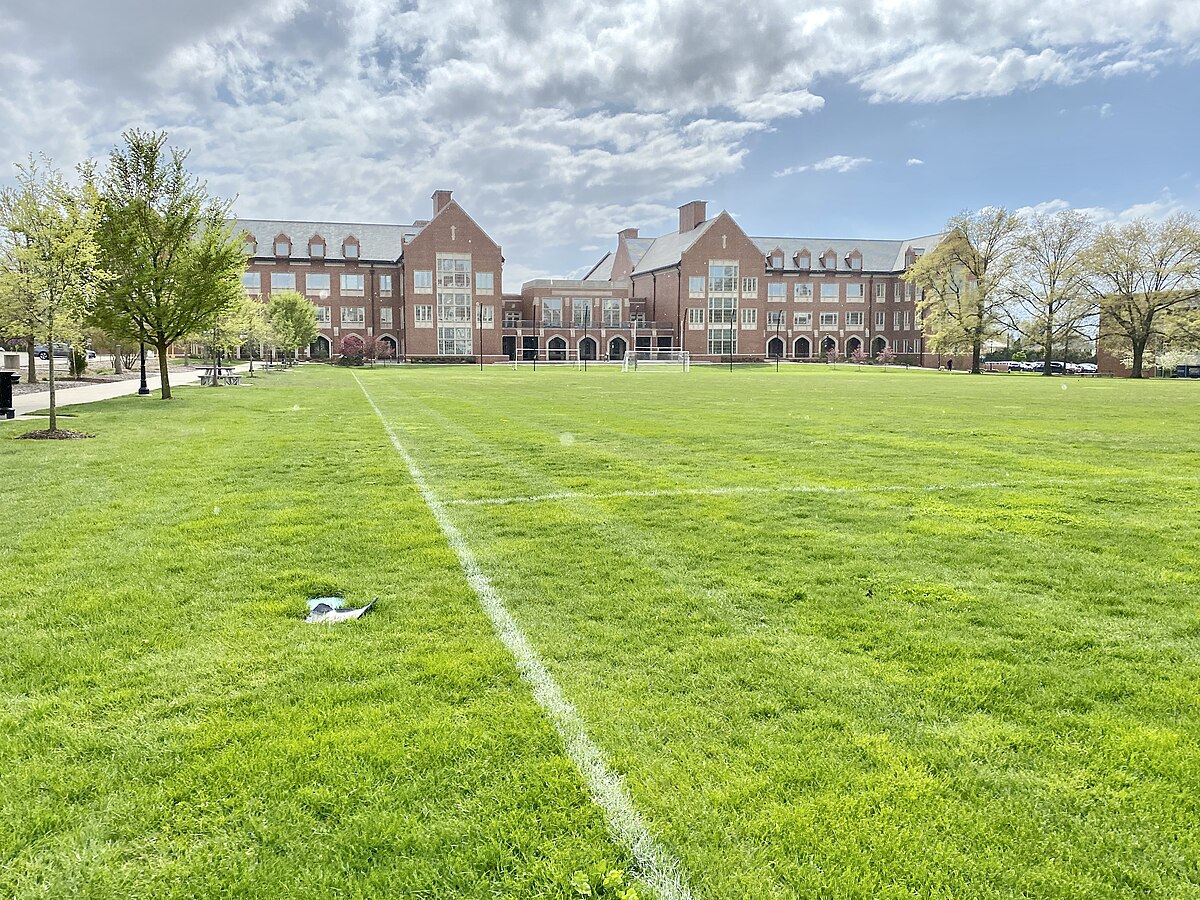As John Carroll University pivots to include more Science, Technology, Engineering and Mathematics fields, specifically through the recent launch of the College of Health, future students can now expect more of an incentive for entering these highly demanding fields. Last semester, the National Science Foundation (NSF) provided JCU an academic grant worth over $2.5 million to partially fund the education of multiple first year students pursuing a degree inside Dolan Science Center. This is the largest grant in the history of the university.
Currently, STEM careers are growing at an exponential rate, hitting a record 11,278,700 jobs at the end of this decade. John Carroll is no different with a 2022 report from the U.S. Department of Education, which says that 7.3% of graduates from that year were studying biology, 6.8% were studying psychology, 5.1% were studying exercise science, 2.3% were studying computer science with other majors falling below this threshold in demand. Luckily, the NSF’s grant can help support potential Blue Streaks through their “INnovation for STEM Pre-Professionals: Identity, Research and EDucation (INSPIRED) program.”
“A number of universities across the country have received funding from the National Science Foundation (NSF) to support scholarships for students in Science, Technology, Engineering, and Mathematics (STEM),” Dr. Chrystal Bruce, an associate dean of STEM and professor of chemistry at JCU, told The Carroll News. “The program, per NSF, supports institutions of higher education to fund scholarships for academically talented low-income students and to study and implement a program of activities that support their recruitment, retention and graduation in STEM.”
Bruce stated that the INSPIRED program is built off of the currently successful “Molding Identity and Raising Retention through Opportunities for Reflection in STEM” or MIRRORS program which currently offers STEM students with “financial need” and “academic promises” $4,000 per year for their studies. Other offerings in this program include additional scholarly support and career services. Because of the retention and graduation rates of current students in this program, John Carroll was selected for the NSF INSPIRED grant.
The MIRRORS program was started at JCU in 2018 through a similar NSF grant. Through this initiative, John Carroll saw retention rates in STEM fields rise by over 50%. This is also bolstered by the friendly environment cultivated by those in STEM programs including faculty and staff.
“When I first got here, I was honestly very shocked at how supportive the professors are,” Angie Urbina ‘25, a STEM student studying chemistry with a chemical physics concentration, told The Carroll News. “Most of my professors really wanted to see us engaged with the content and encouraged us to regularly attend office hours.”
Along with receiving up to $15,000 per year in scholarships, rising STEM students can also expect to take part in a stipend summer program and an advising cohort specific to this class of scholars. Bruce says they are also expected to take three single-credit courses that are rooted in this program all while having access to opportunities like competitive internships and research opportunities.
While this grant may be the first of its kind at John Carroll, Bruce has hope for what the NSF’s trust in JCU’s STEM programs could signal for the future. Over the last five years, John Carroll has been given almost $4.8 million worth of grants, the success of which gives the greenlight for additional aid from supportive agencies.
“Continuing to show funding agencies that we have these great outcomes increases our ability to attain other grants via this and other funding mechanisms,” Bruce said.
The scholarship is open to incoming students majoring in biology, chemistry, computer science, data science, mathematics, physics or psychology. Those interested can apply here.



